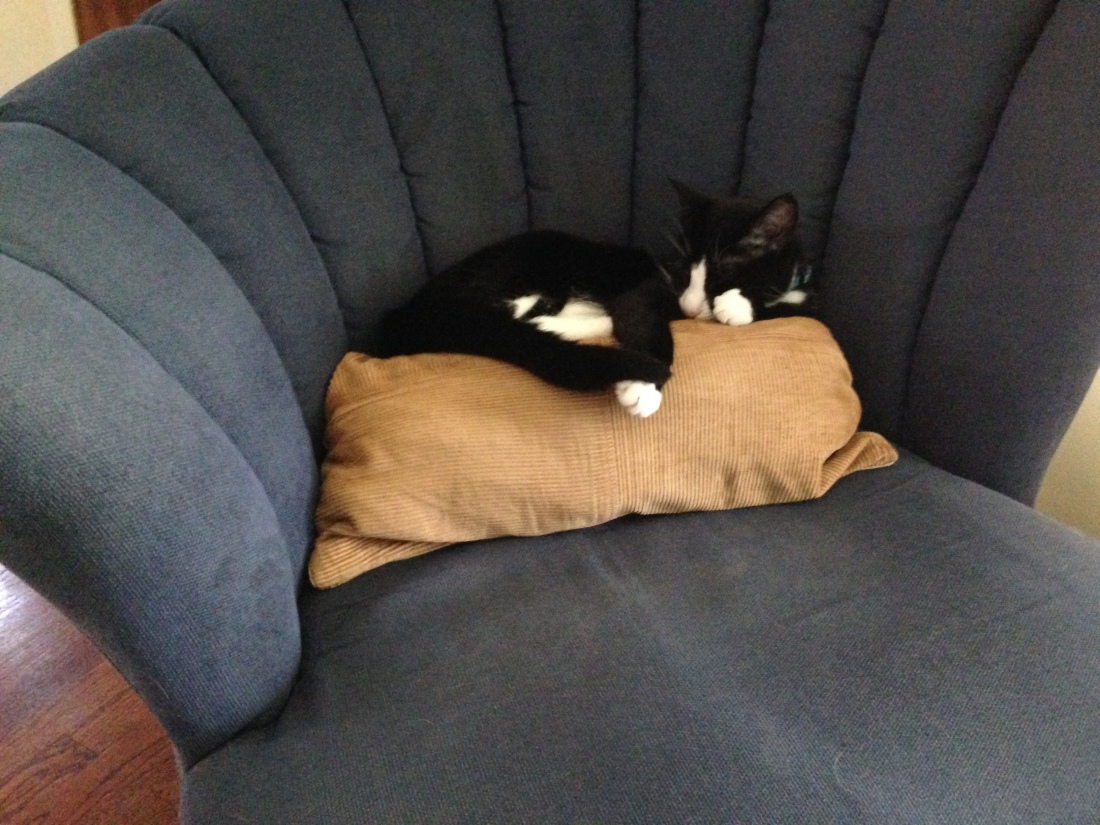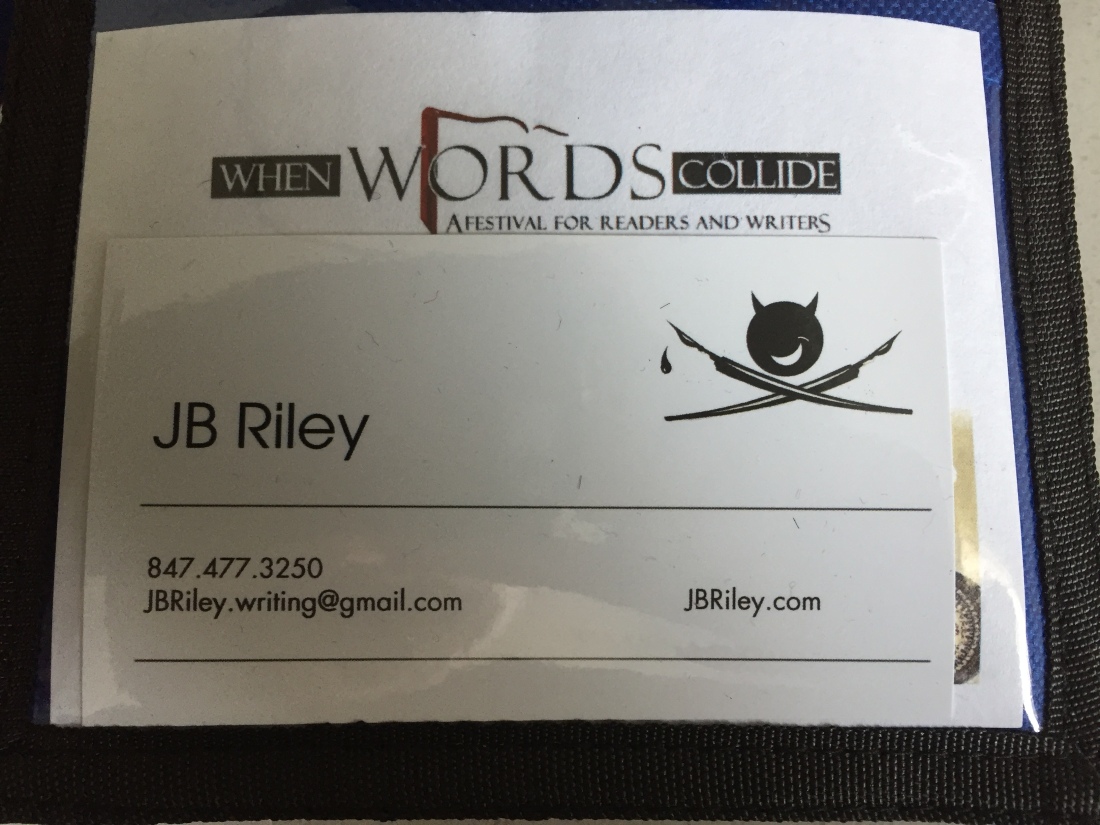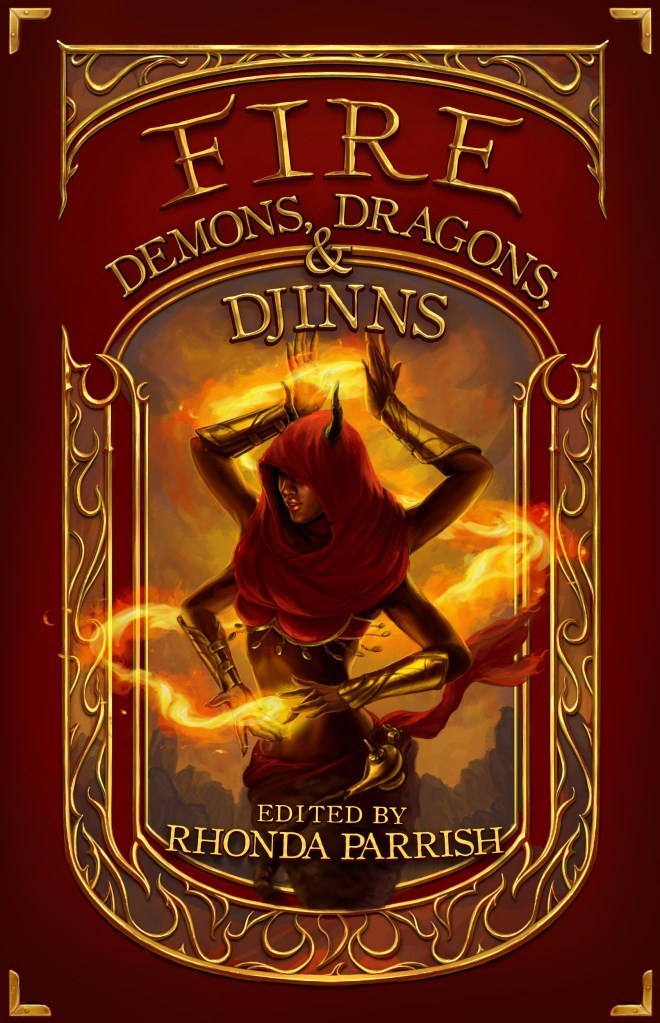(But first, a word from our sponsors….)
Every year, the luminous Rhonda Parrish organizes a fundraiser for the Edmonton (AB) Food Bank, and this year she tasked her band of merry elves to write an “Advent Calendar” of stories. Readers are asked to enjoy the words and then donate if possible. Even $1 makes a difference, as thanks to its connections within the community, $1 means the Food Bank can serve 3 meals.
Rhonda has also built a Rafflecopter with an assortment of prizes and donation loot – everything from greeting cards to custom poetry to dice and magnets to editorial support.
I will proofread up to 5,000 words of a short story, school paper, novel chapter, whatever you need if you donate and choose my gift.
The goal this year is to raise $750, which means 2250 meals to hungry people this Winter. Every dime goes directly to the Food Bank – this doesn’t funnel through anybody’s PayPal account or a Facebook link.
Follow along each day – Rhonda is hosting donation links, updates and prizes at her web siteand has additional details regarding this very worthy cause, including access to the whole story calendar.
The story right before mine can be found at https://randiperrinwrites.com/blog/ and from my story you can follow the trail to Julie Czerneda’s story, hosted on Rhonda’s blog: www.rhondaparrish.com – please read the entire series, and if you enjoy it? Kick a buck or two toward the Food Bank.
NOTE: not all the stories are Holiday-themed. Some of them are dark and gritty, some – like mine – are goofy little things. But each one is given to you freely in the hopes you might give a little something.
PLEASE DONATE.
https://www.canadahelps.org/en/pages/2018-giftmas-blog-tour-to-support-the-edmonton-foo/
(and now, back to our story…)
Let’s get this settled up front. I am a camel jockey. My father was a camel jockey, and his father before him and his father before him, as far back as our family tells the tale.
But just because I’m a camel jockey doesn’t mean I’m foolish. Ignorant? Sure – a man can’t know all there is to know. I will also acknowledge “unlearned”; we are not a wealthy clan and I did not attend great Universities such as in Macedonia or Athens, of which tales are told.
However, I know my figures enough to keep the financial records of our business, jockeying camels. Taxes must be paid, debts collected or settled, and I was not raised to wholly trust either the tax collector or the debt-caller, but to keep marks my own self.
I know my words – can read and write – for the same reason, so our business and our clan may thrive. My father taught me these things, as his father taught him, as I will teach my son in turn if ever I am blessed to have a son.
But don’t call me a fool.
“Oh, Fool,” the middle astrologer beckoned, calling me over from where I was settling Matu’s belly cinch.
These three were paying customers so I bit back my first (second… third…) reply and bared my teeth in what could reasonably be considered a smile. “I will be there in a moment, Rishaya.”
As I finished the knot and made sure the saddle pad sat correctly so Matu’s hide would not rub raw, my father’s voice was in my ears ‘The client rules the day, my son. Their custom provides the food which fills our bellies. Don’t argue over small things.’
I took a deep breath as I straightened, keeping my face neutral. Don’t argue. Small things. Smile through petty insults. Part of the job. Thanks, Abba.
Apparently my face was not as neutral as I thought; the middle astrologer smirked as I approached. “I mean no offense, of course. I am not as versed in your language as I might be. After all, my companions and I are wise– “
(Not that wise, to insult the man who is preparing your food on this journey, I thought).
“-and I admit, we see most men as foolish, those who ignore the instruction of Zarathustra in the Heavens. However, it is required by the Avestato lead the foolish to Truth.” He frowned. “Perhaps ‘ignorant’ is a better word. One who does not follow the Way.” his smirk returned “Or believes beasts have deeper understandings.”
‘The successful business man doesn’t have beliefs or opinions,’ my father used to say. I kept my voice pleasant. “We will be ready to leave quite soon, Rishaya. Perhaps you would be so good as to alert your companions?”
Smirk still intact, the middle astrologer nodded and moved toward the large tent I had pitched the night before, where his companions still slept. My own blankets were rolled up and stashed within Dakata’s load, along with as much of the gear as I could pack while clients occupied the rest.
I did not like the middle astrologer. The first astrologer – the one with whom I had contracted to bring them safely to their destination – had a kind smile set deep within wrinkles and a long white beard. His raiment was modest, though the small olive wood chest he kept close to himself obviously held something of great value. The third astrologer – the youngest – said very little, clear green eyes in his dark face always moving as he studied the clouds and the birds in the sky. His clothing and headgear was wound layers of colorful fabrics and his satchel smelled of the earth, an odd balsam tang when I hoisted it up onto Zhara’s broad back.
But the middle astrologer? He had neither modest raiment nor quiet mien, and expressed himself as quite the intellectual. He had laughed, the first morning of our journey, when he came upon me speaking to Matu, discussing the roads we would take.
“Does your camel understand you?” he had asked, intending it a jest.
“Of course,” I had replied, “Matu is far wiser than I, on the subject of roads and traveling.”
I did not explain further: that Matu at nearly 30 years of age was the oldest of our family’s camels, and had walked the length of the Parthian Empire more times than I had seasons on the earth. That I was telling him he, Dakata and Zhara would be charged with bearing three men of importance who were paying well for the journey, and I expected them all to behave.
That I would care for them through the journey, walking beside them by day and bringing them to safe camp each night; and in turn they would help guard our rest against any predators or bandits we might encounter on the way.
I did not explain any of that, or how camels are loyal and affectionate when properly raised. I did not because the middle astrologer had launched into a discussion of – well, he had lost my understanding after the word “Animist” but I was confident he did not intend a compliment, so I finally tuned him out. And he referred to me as “Fool” (including a smirking false apology) from that point onward.
To answer his question, no I didn’t believe Matu understood the words I said. But when that camel was born, my father’s hands were the first Matu felt, my father’s voice the first sounds. When I was born some years later, among my first sensations was a drop of camel’s milk from Matu’s dam across my tongue. We were a partnership,the camels and my family; and Matu understood the tone of my words, if not their meaning. I might be a businessman, but if such a thing existed, he was a business camel.
However, the middle astrologer did not need my explanation to expand upon his current lecture. That one loved to hear himself speak, never mind who was willing to listen. Despite his snide words to me, he would have talked to the camels if no one else was around, and expected them to take notes from his speech.
It was how I learned they were astrologers – “Magi” as he called them, wise men traveling to meet with someone important. “We don’t yet know who this person is,” he repeated around the fire that night as his companions nodded, “but surely he will be a mighty warrior for Ahura Mazdain the battle for the Cosmos. We shall stand ready to guide, our wisdom freely given. That is why I bring him sweet incense, to soothe his mind for the wars to come.” The middle astrologer rustled his over-garment– a finely embroidered silk – and settled himself into pompous recline, holding his goblet out for refill.
He did not so much as look at me when I refilled it. Instead he gestured to the comet that stood low in the night sky, the comet they measured every night, carefully marking its path in the sand and then orienting to follow its line in the morning.
I had been tempted more than once in the days we’d been traveling to erase their lines and draw my own after they retired to their tent, as I banked the fire at night. Their confusion over a different direction would amuse me, but I knew they would only lengthen the journey; and by this time I was quite ready for it to be over.
‘The business man completes his service and his tasks, on time and as agreed. It keeps his name clean and well thought-of when additional opportunities arise.’
I sighed. My father had led many travelers over the years, covering the great spice roads and dealing with all manner of scoundrels, as well as honest clients. With his common sense to guide me I could handle three Zoroastrian astrologers for one night more.
Though over two weeks long, it had been an easy journey. The weather had been cool, with afternoon rains to keep the dust down and fill the cisterns at which we had stopped in our travels. The camels remained sound and ample provisions remained for the journey home.
I would be traveling home alone. The astrologers had been invited to the great palace of Judea, to visit with Herod and report on finding this warrior king. We had stopped there a few nights before, and – though I was not privy to their audience with Herod and his advisors – the astrologers had chattered about it along the road the next day like magpies on a branch. Herod had been unaware, they marveled, that a king had been born within his demesnes. He invited them to return after they had found this king, tell him who it was, so Herod could properly pay homage in turn.
My experience with rulers was admittedly limited, but I thought the whole encounter odd. Rulers don’t pay homage – they require it. The middle astrologer was busy expounding at length about how they would become important advisors to Herod, as well as this new warrior king who might very well be the incarnation of Ahura Mazdahimself; and therefore signal the dawn of the next World Age. It all sounded…
‘The prudent businessman keeps close counsel, and does not share opinions that might conflict with proper payment.’ I listened to my father’s voice and urged the camels along the dusty lane leading into the small village, stopping finally before the modest house over which the comet had centered itself in the sky. The clients were delivered and I had kept my mouth shut. My job was complete.
It was time to go home.
From this modest village of Bethlehem to my family’s own holding at edge of our great city of Qumis, the return trip would take the camels and me only perhaps ten days, as we would be walking toward beloved land. However, courtesy required of me one thing before I turned the camels’ noses East. The blessing of clean water was sacred to my people, who trod the deserts and high ranges and survived off its lands. I pulled a small flask of tanned camel hide from inside my shirt and decanted a portion of water from the saddlebags, then stepped inside the house, stopping as my eyes adjusted from brightness to not.
The astrologers had gathered to kneel around a girl who stared at them, eyes wide, as she held a baby to her breast. A man about my age stood a little to the side and stared as well, clutching three items in his arms. I recognized the olive wood box the first astrologer had carried, and guessed the other two wrapped items were the sweet incense and whatever the youngest astrologer had carried as gift. The middle astrologer was saying something about stars and portents when I slipped my small leather flask into the man’s hand with a nod.
As I turned to leave there was a happy shriek and loud giggle, and I looked over to meet the joyous, bright blue eyes of the baby boy. Smiling back, I walked out, closing the well-fitted door behind me and shutting out the middle astrologer’s voice at last.
I was untying Zhara’s nose rope when the door opened and the man stepped out, no longer juggling the packages. “Friend?” He called, and when I paused held out a scarred hand. I grasped his hand in mine – noting ropes of muscle in his arm from labor more stringent than reading the stars – and we exchanged greetings of peace.
“It sounds as if you’ve come a long way,” he said. “I don’t understand the direction my life has taken, but I am grateful you guided these men to us. Their gold will pay my taxes here, then help us home to Nazareth. Their frankincense and myrrh will help support my son’s education, as he grows.”
He held Zhara’s and Dakata’s ropes as I swung up onto Matu’s back, then handed them up and patted my camel’s side next to my stirrup. A sudden grin took years from his face as he continued “But your gift, my friend, I will keep for my wife and myself. Perhaps in a time soon we will have a moment’s peace in which to enjoy it.”
It was an odd statement, but I was off for home and not willing to tarry and inquire why he would treasure a small skin of water. As I set off through the dust he spoke out once again.
“For that flask of yours holds a truly most excellent wine.”








